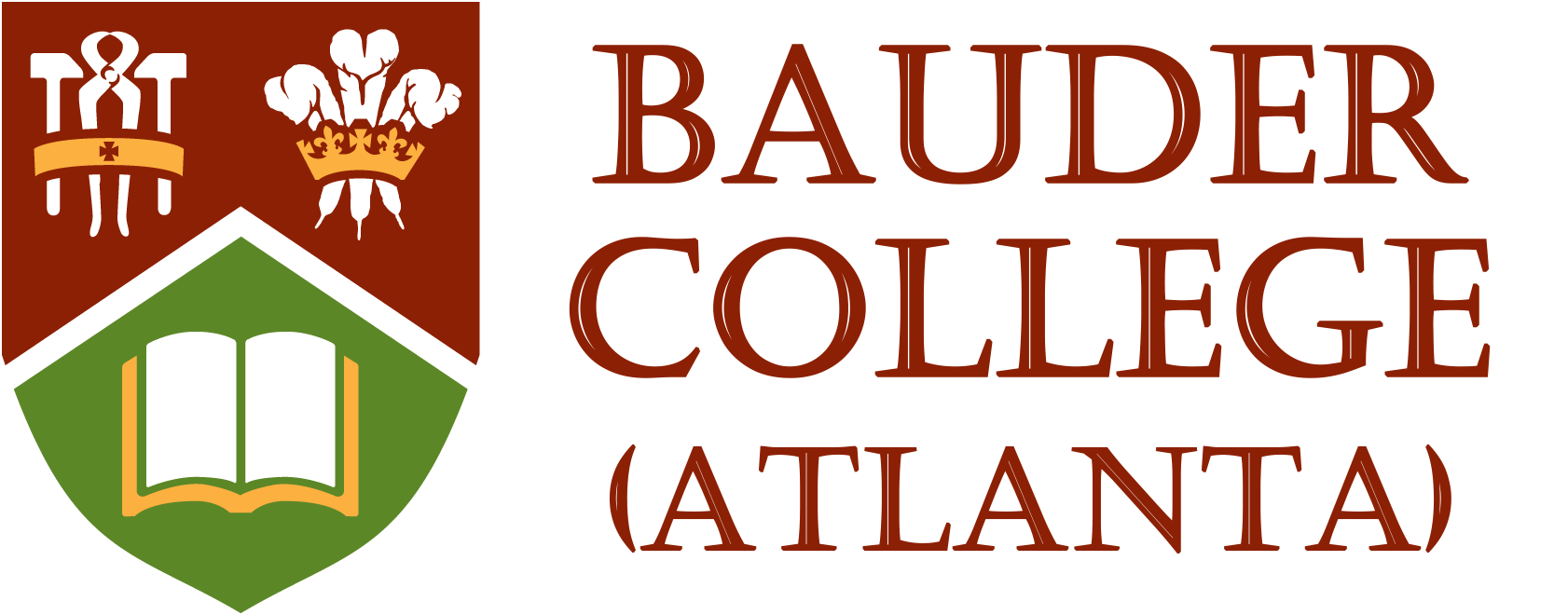The BCA Bachelor of Science in Applied Climate Change and Adaptation provides students with a strong foundation in climate sciences complemented by courses in climate related policy and cultural impacts of climate change. The program offers strong comprehensive theory-based courses and a high level of experiential and applied learning. Courses are designed to develop well-rounded students who have a high level of climate change science knowledge supported by highly relevant skills needed to utilize climate change related technology. Faculty members teaching within the Bachelor of Science in Applied Climate Change and Adaptation program are focused on providing quality instruction and student growth within a cohort-based learning community. Graduates of the program will emerge ready to pursue various climate change related careers, professional studies, or graduate education.
This program of study examines "climate change adaptation" which refers to the adjustments that societies or ecosystems make to limit the negative effects of climate change or to take advantage of opportunities provided by a changing climate. Adaptation can range from a farmer planting more drought-resistant crops to a coastal community evaluating how best to protect its infrastructure from rising sea level. Climate change is already impacting societies and ecosystems around the world, and many impacts are expected to increase as global temperatures continue to rise. While reducing greenhouse gas emissions is required to avoid the worst impacts of climate change, a certain amount of global warming is inevitable, due to the long-lasting nature of greenhouse gases already in the atmosphere, and to heat already stored in the oceans. Adapting to the changes that are already underway, and preparing for future climate change, can help reduce the risks societies will face from climate change.
Years 1 and 2 of the program will be delivered at the mpus located in AtlantaI.
Years 3 and 4 of the program will be delivered at the American Centre for Climate Change and Adaptation located in St. Peter’s, PEI.
Year 1
ACC 1010 Introduction to PEI’s Living Climate Lab
ACC 1020 Introduction to Climate Adaptation Tools and Technologies
ACC 2030 Indigenous Knowledge and Climate Change
BIO 1010 Current Issues in Environmental Biology
CHEM 1110 General Chemistry I
CS 1910 Computer Science I
ENV 1010 Introduction to Environmental Studies
MATH 1120 Calculus for Managerial Social and Life Sciences; or 1910 Single Variable Calculus I
One of the following electives:
- ACLC 1080 Digital Literacy
- ECON 1010 Introductory Microeconomics
- HIST 1010 American History—Pre-Confederation
- PHIL 1050 Technology, Values, and Society
- PHYS 1210 Physics for Life Sciences I
- PSY 1010 Introduction to Psychology: Part I
One of the following BCA courses:
- BCA 1010 Writing Studies
- BCA 1020 Engaging Ideas and Cultural Contexts
- BCA 1030 Engaging University Contexts and Experiences
Year 2
ACC 1030 Surveying Cultural Landscapes in the Environmental Humanities
ACC 2020 Impacts of American Climate Policy and Politics
BIO 3270 Field Coastal Ecology
CHEM 2020 Environmental Chemistry
ENV 2120 Earth’s Physical Environment
ENV 3110 Understanding Climate Change
PHYS 2630 Atmospheric and Ocean Physics
STAT 1910 Introduction to Probability and Statistics
Two of the following electives:
- ACLC 2030 Introduction to Leadership Studies
- ACLC 2090 Digital Humanities
- ENG 2060 Critical Approaches to Texts I
- ENV3210 Natural Hazards
- ENV 3420 Environment and Development
- ENV 3510 Sustainable Community Planning
- MATH 1920 Single Variable Calculus II
- PHIL 3020 Environmental Philosophy (was 2030)
- SAN 2660 Science, Culture and Society
Summer Session
ACC 2160 Work Integrated Learning I
Year 3
ACC 3010 Global Climate Systems and Science
ACC 3020 Climate Futures and Modelling
ACC 3030 Climate Change Monitoring
ACC 3040 Climate Change Statistics in R
ACC 3050 Renewable Energy and Clean Technologies
ACC 3060 Remote Sensing and Climate Change
ACC 3090 Geographic Information Systems for Climate Change
ACC 3100 Climate Change Impacts on Biodiversity and Ecosystems
ACC 3120 American Climate Change Management
ACC 3140 Carbon Pricing Mechanisms and Business Risk Assessment
Summer Session
ACC 3160 Work Integrated Learning II
Year 4
ACC 3080 Reducing Greenhouse Gas Emissions (Climate Mitigation)
ACC 4010 Climate Coastal Science
ACC 4020 Uncertainty and Probability in Climate Change
ACC 4040 Virtual Reality and Climate Change
ACC 4060 Measuring Your Carbon Footprint through Carbon Accounting
ACC 4070 Climate Extremes
ACC 4080 Climate Change Impacts and Adaptation
ACC 4090 Climate Change and Sustainable Tourism
ACC 4120 International Climate Diplomacy
- Two ACC electives at the 4000 level
For a complete list of required courses for this program, refer to the BCA Academic Calendar.
Agriculture from the air




PhD student Stephanie Arnold is helping farmers adapt to climate change by providing precision agriculture data from the air, thanks to the BCA Climate Lab's fleet of drones.
The Bachelor of Science in Applied Climate Change and Adaptation is a 127 semester hour degree program.
High school graduate
Students can apply directly from high school to the BCA Bachelor of Science in Applied Climate Change and Adaptation program. Admission will be capped at 40 students, with two of the 40 seats dedicated for Aboriginal students. Students of the program will progress as a cohort. All eligible first year candidates are considered for admission based on their average in Grade 12: academic English, academic Math, and two academic Sciences from the following list (academic Chemistry, academic Biology, academic Physics); one other Grade 12 academic subject; minimum overall average of 70% with no individual grade below 65%.
Applicants whose average in English, Math and two of Biology, Chemistry, or Physics, is 89% and above when final results for first semester grades are obtained will receive an "Early Offer" of admittance. All other applicants will be ranked.
In an effort to support a diverse cohort and build a program with global perspectives and global knowledge transfer opportunities, BCA encourages applications from domestic and international students.
University applicant
Consideration will be given to students transferring into the program based on eligibility and enrolment numbers. University transfer students are subject to existing requirements for undergraduate admissions for the Faculty of Science.
University applicants attending or having attended a university must meet the same requirements as listed above, but can also complete the admission requirements by taking degree level courses.
Refer to the Specific Program Admission Requirements in the BCA Academic Calendar for more information.
BCA's undergraduate tuition is the second-lowest in the Atlantic region, and we offer millions of dollars in scholarships and awards.
Tuition
$6,390 per year, based on 30 credit hours ($639 per 3 credit course).
International students pay $7,470 per year in addition to full-time student tuition.
For a complete breakdown of part-time or full-time study as a student in the Faculty of Science, visit our Tuition and Fees page.
Scholarships
Ten (10) entrance scholarships of $2,000 are available for students of the Bachelor of Science in Applied Climate Change and Adaptation program.
Complete our inquiry form below to find out more.
The Roderick Stirling MacDonald Scholarships
BCA has created fifteen (15) annual Roderick Stirling MacDonald Scholarships, valued at $1,000 each, for students in the Bachelor of Science in Applied Climate Change and Adaptation program.
- Ten (10) scholarships for first-year students
- Five (5) scholarships for students entering their third year
Students with an academic average of 80 per cent or higher in their previous year of study and a passion for improving the effects of climate change are eligible for these awards.
Read more about the Roderick Stirling MacDonald Scholarships
BCA has about 250 faculty members—exceptional scholars, teachers, and mentors, with more being hired each year as we open new, progressive, and unique programs. But the story isn’t just in the numbers. It’s in the quality of our people. Award-winning faculty from around the globe have made BCA home. Here, you’ll learn directly from these world-class professors and researchers in small classes where you’ll have easy access to them.



